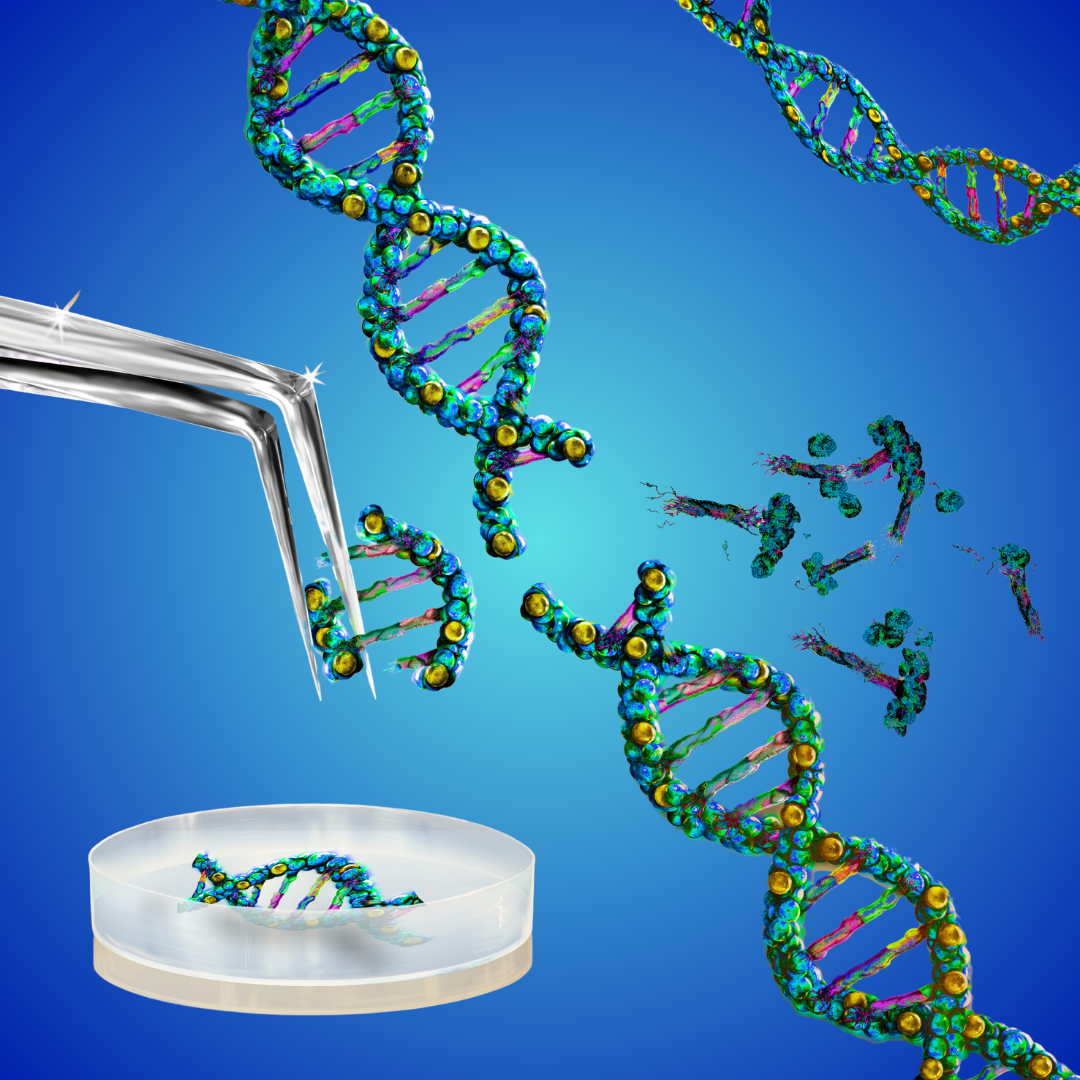Aggregated News

Results from a small clinical study suggest that EDIT-101, a CRISPR-based gene editing therapy for an inherited form of Leber’s congenital amaurosis (LCA), is safe and efficacious. The therapy did not cause any serious treatment or procedure-related adverse events, and there were no dose-limiting toxicities. Moreover, the therapy resulted in several clinically meaningful improvements in vision.
The study, a Phase I/II trial called BRILLIANCE, was led by principal investigator Eric Pierce, MD, PhD, of Mass Eye and Ear, a member of the Mass General Brigham healthcare system. It was sponsored by Editas Medicine, the company that developed EDIT-101, a CRISPR-based gene editing therapy for LCA10, which is a form of LCA due to mutations in the centrosomal protein 290 (CEP290) gene. EDIT-101 is administered via a subretinal injection to ensure that it is brought directly to photoreceptor cells.
Details from the trial appeared in the New England Journal of Medicine, in an article titled, “Gene Editing for CEP290-Associated Retinal Degeneration.” The article noted that the trial, which included the first patient to ever receive a CRISPR-based...



